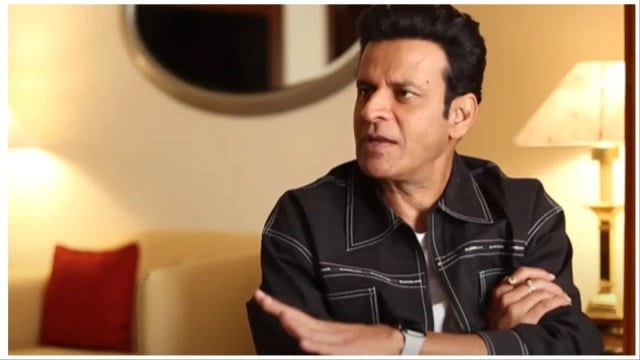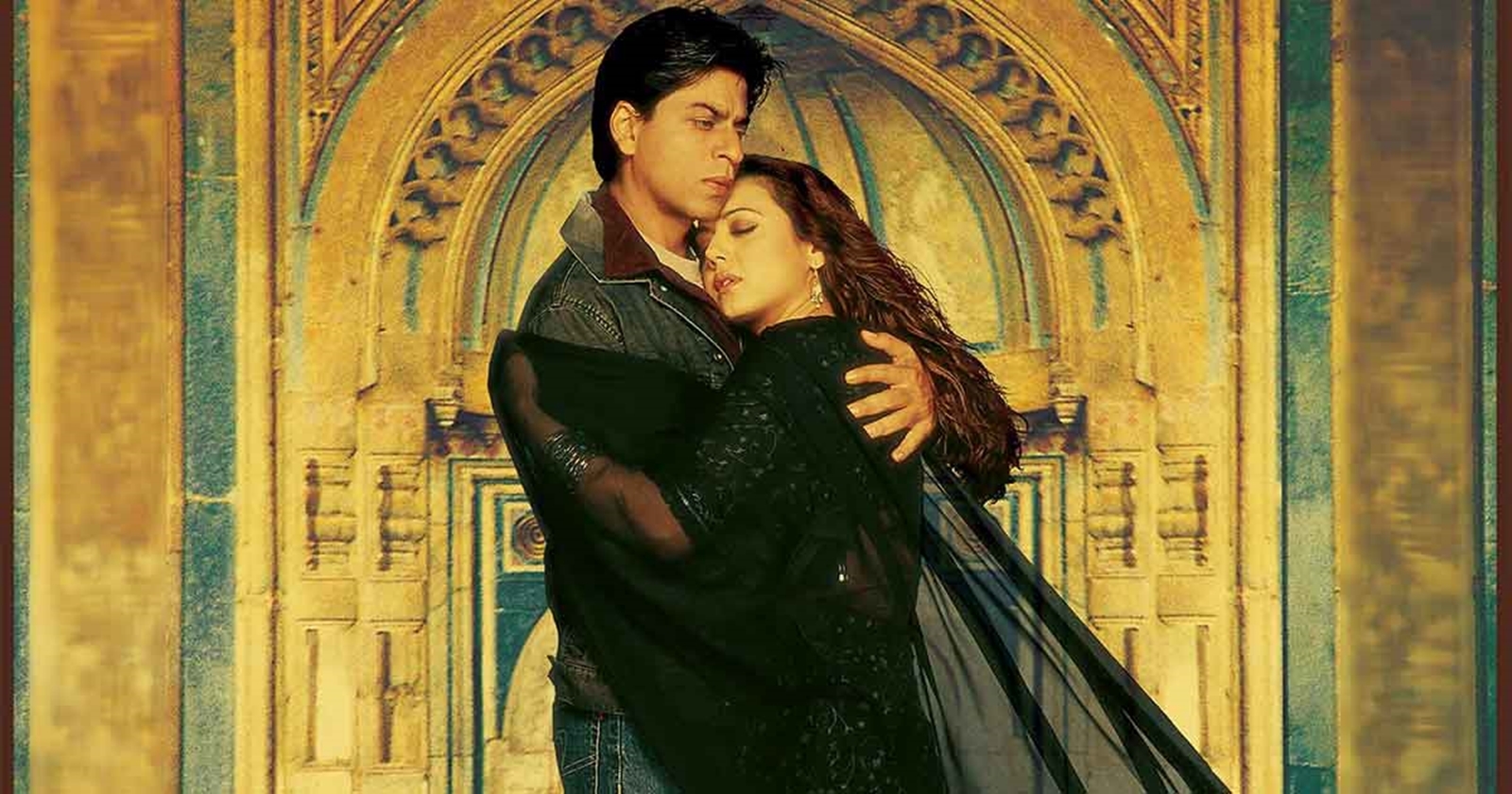📣 For more lifestyle news, click here to join our WhatsApp Channel and also follow us on Instagram
Manoj Bajpayee on being stereotyped as ‘middle class’: ‘No director could think of me as a rich guy…’; experts share ways to deal with rejection
“The only film before Gulmohar (2023) where I played a rich guy was Zubeidaa (2001). That was Shyam Benegal’s conviction. He was the one who felt that real maharajas were not Greek gods.," Manoj Bajpayee said
 Bajpayee attributed this stereotyping to filmmakers' preconceived notions about his appearance (file)
Bajpayee attributed this stereotyping to filmmakers' preconceived notions about his appearance (file)Renowned actor Manoj Bajpayee, known for his versatility and powerful performances, has expressed frustration with the recurring stereotypes he faces in the film industry. Despite his widespread acclaim and the success of series like “The Family Man,” Bajpayee often finds himself typecast in roles from middle-class or lower-middle-class backgrounds.
In an interview with Bombay Times, Bajpayee shared that he is rarely considered for roles portraying wealthy individuals. He recalled that Shyam Benegal was one of the few directors who saw beyond his usual image, casting him as a rich man in Zubeidaa and a politician in Veer-Zaara.
He said, “The only film before Gulmohar (2023) where I played a rich guy was Zubeidaa (2001). That was Shyam Benegal’s conviction. He was the one who felt that real maharajas were not Greek gods. They looked normal. In Veer-Zaara (2004), I played a politician from Pakistan. I had two scenes in it, but Yashji (Chopra) was adamant that I do it. He cast me after watching Pinjar (2003).”
 Bajpayee also starred in Veer Zara. (file)
Bajpayee also starred in Veer Zara. (file)
Bajpayee attributed this stereotyping to filmmakers’ preconceived notions about his appearance and persona. “These filmmakers had that vision which stems from seeing life up close. Bakiyon ko mujhe rich dikhaane mein dikkat hoti hai. (The rest haven’t felt inclined to portray me as a rich person) The roles that I portrayed were mostly set in middle-class and lower-middle-class stories. I am never considered for high society roles. No director could think of me as a rich guy, barring the two stalwarts that I mentioned. This stereotyping exists,” he said.
Gurleen Baruah, an organisational psychologist and executive coach, highlighted the importance of understanding the root causes of discrimination, in a previous conversation. She explains that this harmful behavior often stems from an “us vs. them” mentality, fuelled by insecurity and deep-seated biases. Individuals on the receiving end of such discrimination bear the brunt of these harmful attitudes.
Dr Divya Shree K R, Consultant – Psychiatrist, Aster CMI Hospital, Bangalore, says that rejection can be difficult to process. “Most times when one gets rejected, instead of understanding it as rejection of an aspect of the self one interprets it as rejection of the self. It is not unwarranted, this interpretation, since our society values success at any cost. Hence repeated rejection can slowly develop into a self defeating narrative in one’s mind,” she said.
Adding, “Most people who have emerged out of this successfully have done so by taking it as a feedback to master their skill. However, like I said, in a society which values the victor, these things are easier said than done.”
📣 For more lifestyle news, click here to join our WhatsApp Channel and also follow us on Instagram







- 01
- 02
- 03
- 04
- 05




















